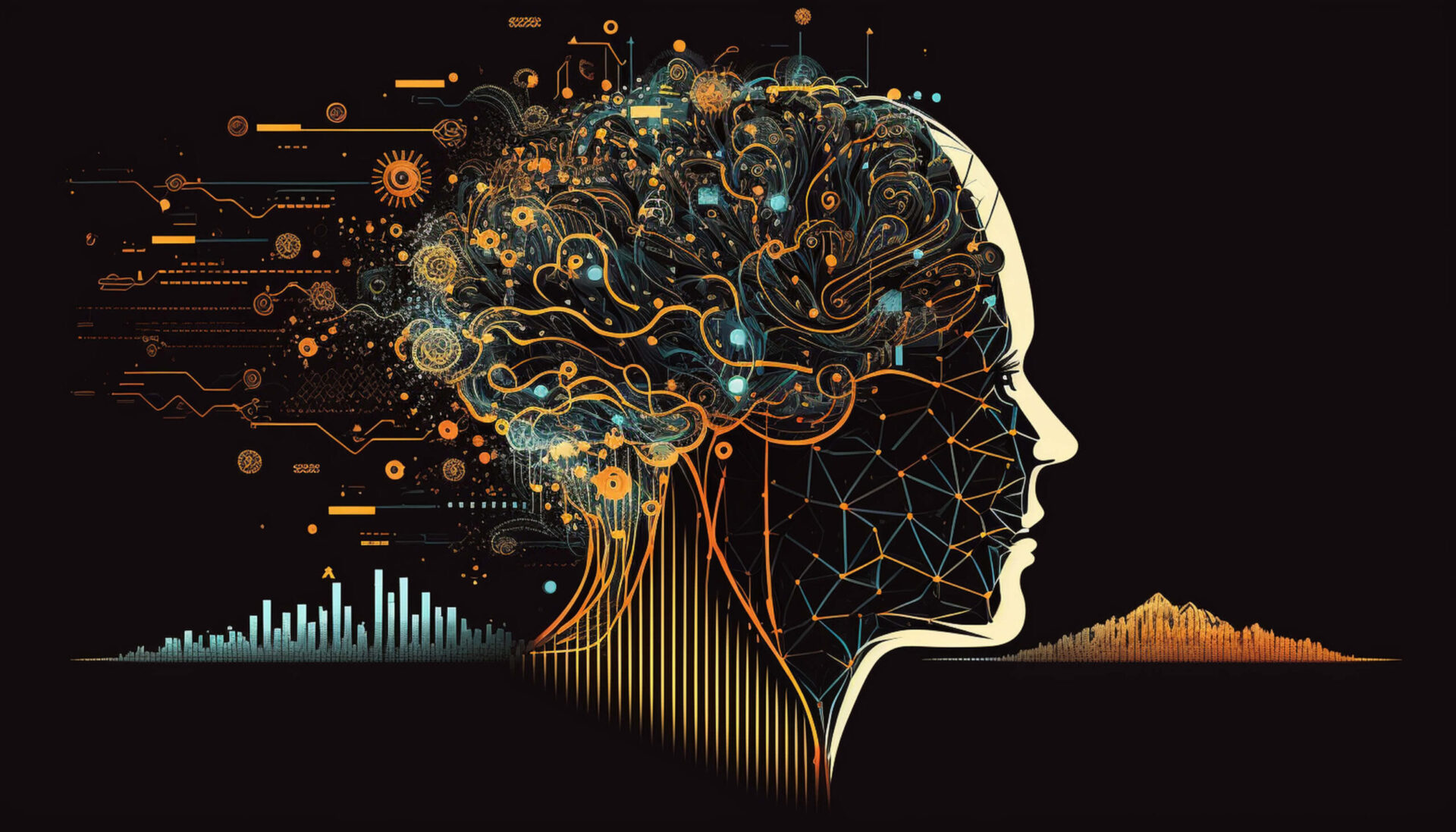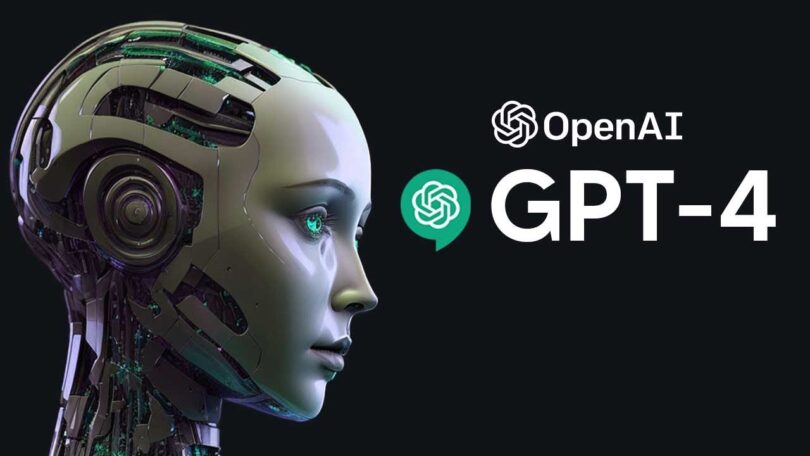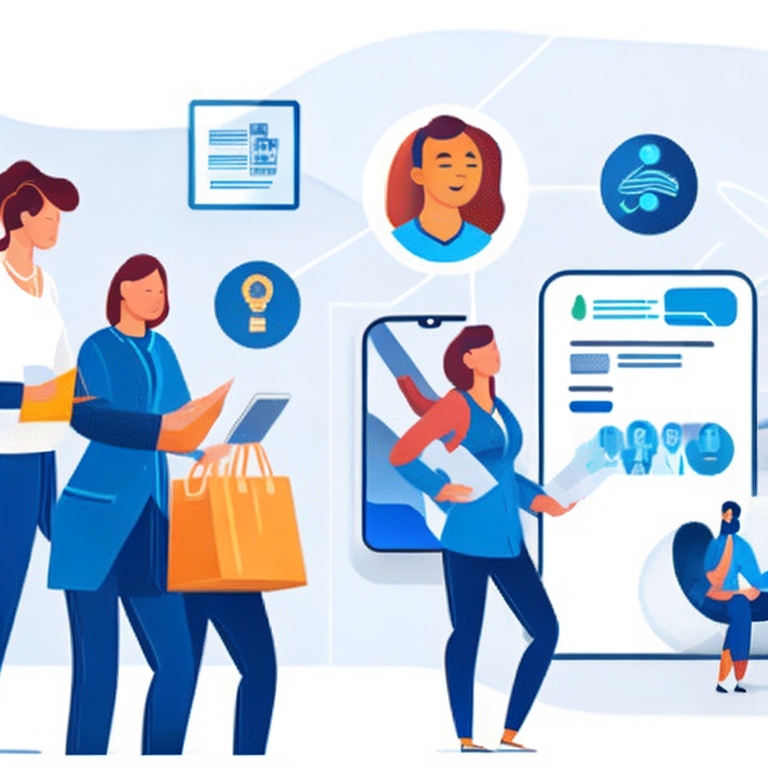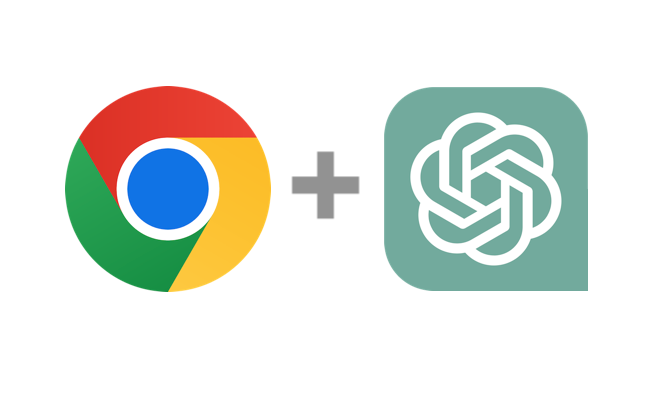In today's rapidly evolving world, the integration of Artificial Intelligence (AI) and Machine Learning (ML) in education has opened up new frontiers for enhancing learning experiences and personalization. AI and ML technologies are revolutionizing the education sector by providing tailored learning paths, intelligent tutoring systems, and data-driven insights. This article explores the impact of AI and ML in education, their benefits, challenges, and future possibilities.
Introduction
AI and ML have become instrumental in transforming various industries, and education is no exception. These technologies are reshaping traditional teaching methodologies, making education more accessible, engaging, and effective for students worldwide. By leveraging AI and ML, educators can harness the power of data to personalize learning experiences, identify knowledge gaps, and provide targeted interventions.
Understanding AI and ML
Before diving deeper, it's important to understand the fundamental concepts of AI and ML. Artificial Intelligence refers to the simulation of human intelligence in machines, enabling them to perform tasks that typically require human intelligence, such as speech recognition, problem-solving, and decision-making. Machine Learning, on the other hand, is a subset of AI that focuses on training machines to learn and improve from data without being explicitly programmed.
The Impact of AI and ML in Education
Advancements in Personalized Learning
One of the significant impacts of AI and ML in education is the advancement of personalized learning. Traditional classrooms often follow a one-size-fits-all approach, but AI-powered tools can adapt to individual students' needs and preferences. Through intelligent algorithms, these tools analyze students' learning patterns, strengths, and weaknesses, enabling educators to tailor content, pacing, and instructional strategies accordingly.
Intelligent Tutoring Systems
Intelligent Tutoring Systems (ITS) are AI-driven tools that provide personalized guidance to students, simulating a one-on-one tutoring experience. By leveraging ML algorithms, these systems assess students' understanding, provide immediate feedback, and offer targeted support. ITS can identify misconceptions, suggest additional resources, and adapt instructional strategies based on students' performance, fostering self-paced and effective learning.
Data-Driven Decision Making
AI and ML empower educators with data-driven insights, enabling them to make informed decisions about instructional strategies and student support. By analyzing vast amounts of data, such as student performance, engagement levels, and learning preferences, AI can identify trends, patterns, and areas for improvement. Educators can leverage these insights to refine their teaching methods, identify struggling students, and intervene in a timely manner.
Benefits of AI and ML in Education
The integration of AI and ML in education brings forth numerous benefits, revolutionizing the learning landscape.
Enhanced Learning Experience
AI-powered tools enhance the learning experience by adapting content and instructional strategies to suit individual students' needs. Students can learn at their own pace, receive immediate feedback, and access personalized resources, making the learning process more engaging, effective, and enjoyable.
Adaptive Learning Paths
AI enables adaptive learning paths, where students progress through the curriculum based on their proficiency levels. Advanced algorithms assess students' knowledge, identify knowledge gaps, and recommend targeted learning materials or activities to bridge those gaps. This approach promotes mastery of concepts and ensures students receive the right level of challenge.
Efficient Resource Allocation
AI can optimize resource allocation in education by analyzing data on students' usage patterns, engagement levels, and performance. This information helps educational institutions allocate resources, such as teaching staff, materials, and technology, more efficiently. By identifying areas of high demand or underutilization, AI supports effective resource management, leading to cost savings and improved educational outcomes.
Overcoming Challenges
While the benefits of AI and ML in education are immense, certain challenges need to be addressed to ensure their successful implementation.
Data Privacy and Security
As AI relies heavily on data, concerns about data privacy and security arise. Educational institutions must adopt robust data protection measures, comply with regulations, and ensure transparent data practices. Safeguarding students' personal information and maintaining the confidentiality of educational data are crucial considerations.
Teacher Training and Support
To leverage the full potential of AI and ML, teachers need adequate training and support. Educational institutions should invest in professional development programs to equip teachers with the skills and knowledge necessary to integrate AI-powered tools into their teaching practices effectively. Ensuring teachers' readiness and confidence in using these technologies is vital for successful implementation.
Ethical Considerations
AI and ML raise ethical considerations in education. It is crucial to ensure fairness, transparency, and accountability when designing AI systems. Educators and developers must address issues like bias in algorithms, equitable access to AI-powered resources, and the ethical use of student data. By fostering ethical practices, AI and ML can contribute to equitable and inclusive education.
Future Possibilities
The potential of AI and ML in education is vast, and several exciting possibilities lie ahead.
Virtual Reality and Augmented Reality
Virtual Reality (VR) and Augmented Reality (AR) have the potential to revolutionize the way students learn by creating immersive and interactive experiences. VR can transport students to virtual environments, allowing them to explore complex concepts, while AR overlays digital content onto the real world, providing additional context and information.
Intelligent Learning Assistants
Intelligent Learning Assistants powered by AI can provide personalized guidance, answering students' questions, offering explanations, and suggesting further resources. These assistants can adapt to students' learning styles, preferences, and pace, providing tailored support throughout their educational journey.
Lifelong Learning and Upskilling
AI and ML can support lifelong learning and upskilling by offering personalized learning paths for individuals at any stage of life. With rapidly evolving industries and changing skill requirements, AI-powered platforms can help individuals acquire new knowledge, update their skills, and stay competitive in the job market.
Conclusion
AI and ML have transformed education, enhancing learning experiences and enabling personalized approaches. Through advancements in personalized learning, intelligent tutoring systems, and data-driven decision making, these technologies offer immense benefits. However, addressing challenges related to data privacy, teacher training, and ethical considerations is crucial for their successful integration. The future holds exciting possibilities with virtual reality, intelligent learning assistants, and lifelong learning opportunities. As AI and ML continue to evolve, education stands to become more accessible, engaging, and tailored to the needs of individual learners.
FAQs
- How does AI enhance personalized learning? AI enhances personalized learning by analyzing student data and adapting content and instructional strategies to meet individual needs. It offers tailored learning paths, immediate feedback, and customized resources.
- Are there any privacy concerns with AI in education? Yes, privacy concerns arise as AI relies on student data. Educational institutions must prioritize data protection measures, comply with regulations, and ensure transparent data practices.
- What are the benefits of adaptive learning paths? Adaptive learning paths help students progress through the curriculum based on their proficiency levels. It promotes mastery of concepts, identifies knowledge gaps, and provides targeted learning materials or activities.
- How can AI support efficient resource allocation? AI analyzes data on student usage patterns, engagement levels, and performance to optimize resource allocation. It helps educational institutions allocate teaching staff, materials, and technology more efficiently.
- What is the role of AI in lifelong learning? AI supports lifelong learning by offering personalized learning paths for individuals at any stage of life. It helps individuals acquire new knowledge, update skills, and stay competitive in the job market.












